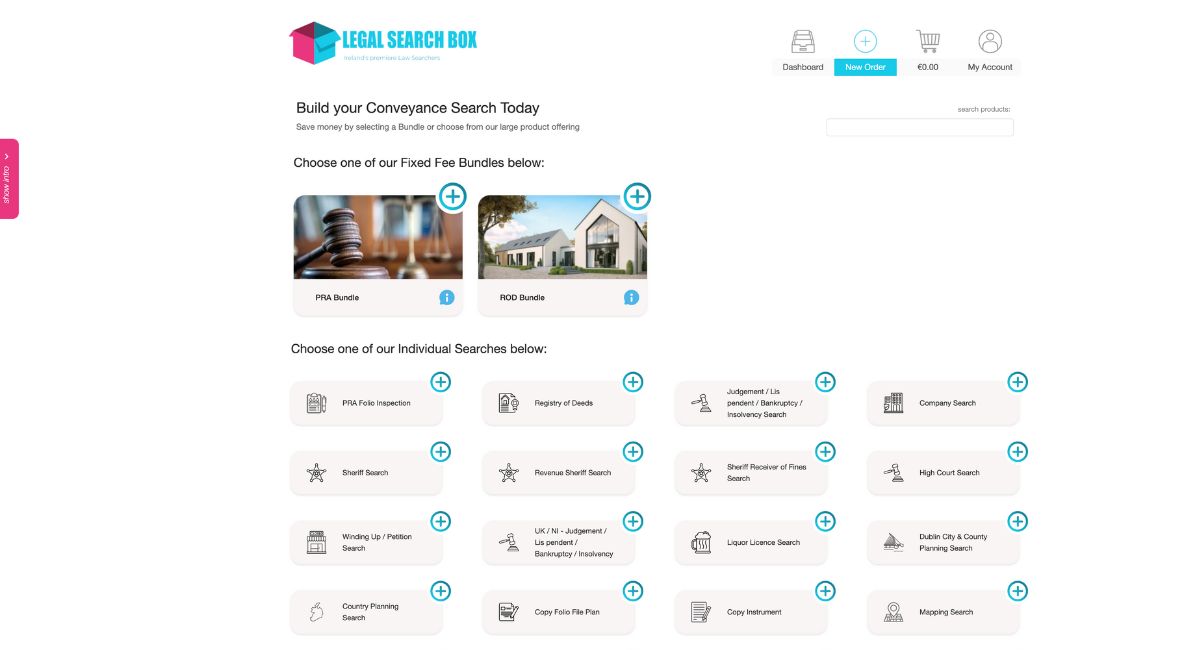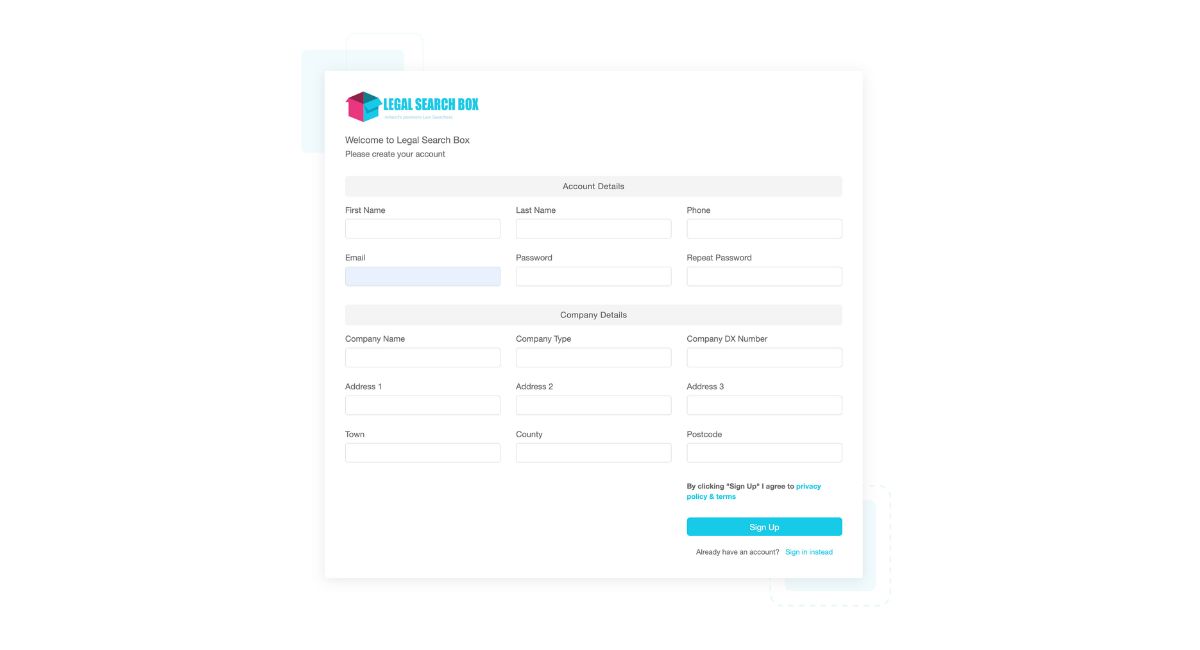
Understanding Lis Pendens is crucial for property transactions and legal due diligence in Ireland.
Lis pendens are public notices indicating a legal claim against a property, often affecting its ownership, transfer, or financing until the legal matter is resolved.
Here, we explore the concept of lis pendens under Irish law, how to search for them, and how our professional law search platform streamlines this process for solicitors and legal professionals.
What is a Lis Pendens?
Lis pendens, Latin for “suit pending,” is a legal notification that signals an ongoing lawsuit involving property.
This warning acts as a formal notice to potential buyers or lenders that a claim might impact the property’s title or usage.
Originating as a tool to protect claimants’ rights during disputes, lis pendens helps maintain the integrity of legal claims by cautioning those interested in the property about potential legal entanglements.
Importance of a Lis Pendens in Property Transactions
A lis pendens is essential in safeguarding property rights by:
Alerting Potential Buyers and Creditors
It signals that unresolved legal issues might affect the property’s ownership.
Impacts on Sales and Financing
Buyers may hesitate to purchase property with active lis pendens, and banks may withhold financing until the dispute is resolved.
Legal Due Diligence
For solicitors, understanding a property’s lis pendens status is a critical part of protecting clients’ investments.
Lis Pendens in Irish Law
In Ireland, lis pendens filings are regulated by the Registration of Deeds and Title Act 2006 and managed through the Property Registration Authority (PRA).
According to Irish law, a lis pendens can be registered only if the legal action involves disputes over property ownership or interest rights.
This process ensures that property-related legal claims are transparent and accessible to the public, supporting informed decision-making in real estate transactions.
What Details are Recorded on the Lis Pendens Register?
The Lis Pendens Register, part of the PRA’s records, includes critical information such as:
- Parties Involved in the Dispute: Names of both the claimant and the property owner.
- Case Details: Court case number and description of the claim.
- Registration Date: Date when the lis pendens was filed.
How to Conduct a Lis Pendens Search in Ireland

To conduct a lis pendens search, solicitors and legal professionals can access records through the PRA or opt for specialised search platforms like Legal Search Box, which simplifies access to these and other property-related legal records.
Step-by-Step Guide to Lis Pendens Searches:

1. Log In to the Legal Search Box Platform:
Access your account and go to the “New Orders” section, and navigate to the Judgement / Lis pendent / Bankruptcy / Insolvency Search.

2. Initiate the Search:
Choose the Judgement / Lis pendent / Bankruptcy / Insolvency search type and enter key details like the persons name or company details to ensure accurate and relevant results.
3. Results:
The system retrieves delivers results directly to your dashboard.
4. Monitor and Edit as Needed:
With full oversight of your search progress, you can adjust parameters or review details as needed, thanks to LSB’s monitoring and editing tools.
5. Download and Review Results:
Once completed, results are available for download or can be shared with team members or clients, streamlining communication and transparency.
How Long Does a Lis Pendens Last?
Under Irish law, a lis pendens remains in effect as long as the legal action is active. It can last several months or years depending on court proceedings, but can also be removed once the lawsuit is dismissed, resolved, or settled.
How to File a Lis Pendens in Ireland
Filing a lis pendens in Ireland involves several steps:
2. Determine Eligibility
Only parties with a legitimate property-related claim can file a lis pendens.
2. Submit Documentation
Register the lis pendens with the PRA, providing required details like case numbers and property descriptions.
How to Remove a Lis Pendens
Removing a lis pendens involves either a court order or a voluntary withdrawal by the filer once the legal dispute is resolved.
This process, often handled through the PRA, ensures the lis pendens is removed from the public record, clearing the property’s title.
Implications of Lis Pendens on Property Sales
An active lis pendens can delay or prevent a property sale because it creates legal uncertainty over ownership.
While it doesn’t necessarily stop a sale, most buyers and lenders require resolution or removal before proceeding.
Using Our Platform for Lis Pendens Searches
Our platform provides reliable and fast lis pendens searches tailored to solicitors. From Registry of Deeds to Judgement Searches, our search bundles offer comprehensive coverage and accuracy for your legal needs. Register an account or contact us to learn more.